October 10th marks World Mental Health Day, a global initiative to raise awareness about mental health issues, break the stigma surrounding them, and advocate for accessible mental health care. The theme for this year, “Mental Health is a Universal Human Right,” serves as a powerful reminder of the growing need for global attention on this critical issue.
In a world increasingly connected by technology but often isolated in reality, mental health has never been more important. According to the World Health Organization (WHO), over 1 in 8 people globally—almost 970 million—are living with a mental health disorder. The prevalence of anxiety and depression alone saw a sharp 25% increase in the first year of the COVID-19 pandemic, disrupting lives and livelihoods across the globe. Yet, despite the widespread impact, mental health remains underfunded and undervalued.
The Global Mental Health Crisis in Numbers
Statistics from the Global Burden of Disease Study (2020) highlight that mental health disorders are among the leading causes of disability worldwide. Depression, anxiety, and other common mental disorders contribute significantly to the loss of economic productivity, with an estimated $1 trillion lost annually due to mental health conditions. This figure highlights the urgent need to address mental health not only as a personal health issue but as a critical socio-economic concern.
Yet, in many countries, mental health care remains a luxury. Mental Health Atlas 2021, a report published by the WHO, reveals that two-thirds of countries allocate less than 1% of their health budgets to mental health. For low-income nations, the gap is even wider, with only 0.5 mental health workers per 100,000 people, compared to 70 workers per 100,000 in high-income countries. This disparity emphasizes the need for equitable access to mental health resources.
Breaking the Stigma: Real-Life Stories of Resilience
Stigma continues to be one of the greatest barriers to seeking mental health care. In many cultures, mental illness is seen as a personal failure, a weakness of character, or something to be hidden from society. In India, for example, a 2018 survey conducted by the Live Love Laugh Foundation found that 87% of respondents associated mental illness with stigma, while 71% believed that people with mental health issues could not be trusted.
But change is happening. Take the story of Pooja, a 27-year-old IT professional from Mumbai. After being diagnosed with generalized anxiety disorder, Pooja faced resistance not only from her workplace but also from her own family. It took months for her to convince her parents that anxiety is a real illness, not something she can just snap out of. Yet with therapy and support from her peers, she managed to return to work with renewed confidence. Stories like Pooja’s are a reminder that mental health recovery is possible with the right support.
Similarly, Simone Biles, the world-renowned gymnast, made headlines when she chose to prioritize her mental health during the Tokyo 2021 Olympics. By withdrawing from several events, she sent a powerful message to millions: mental health is just as important as physical health, even for elite athletes. Her had to do what was right for her and focus on his mental well-being. Her actions helped normalize conversations about mental health on the global stage.
The Workplace and Mental Health: A Growing Concern
The impact of poor mental health on workplaces cannot be overstated. The Lancet Commission on Global Mental Health reports that 1 in 5 employees will experience a mental health condition in any given year. Burnout, anxiety, and depression are becoming increasingly common, particularly in high-stress environments like the tech industry and healthcare. The COVID-19 pandemic only exacerbated these issues, with employees grappling with blurred work-life boundaries, job insecurity, and social isolation.
Progressive companies are starting to recognize the importance of mental health. Unilever, for example, launched its Global Mental Health Framework in 2019, aiming to promote mental health awareness and create safe, supportive work environments. Since then, Unilever has trained over 16,000 mental health champions worldwide to provide peer-to-peer support for employees. Similarly, Microsoft has introduced paid mental health days and access to mindfulness tools to help employees cope with stress.
Despite these positive changes, the WHO Mental Health Report 2022 found that 82% of workplaces globally still do not have adequate mental health policies in place. This is a significant concern, as employees are often reluctant to disclose mental health struggles for fear of being stigmatized or facing professional repercussions.
Investing in Mental Health: The Way Forward
Mental health care must be viewed as an investment in human capital, not an expense. The Lancet Commission estimates that every $1 invested in mental health treatment leads to a return of $4 in improved health and productivity. Yet, only a small fraction of healthcare budgets globally is allocated to mental health care, leaving millions without the support they need.
Governments and organizations must prioritize mental health by expanding access to affordable care, implementing workplace mental health programs, and increasing public awareness campaigns. Community-based mental health care, as seen in the Friendship Bench Program in Zimbabwe, is an inspiring example of how low-cost, accessible mental health services can reach underserved populations. The program, where trained community members provide talk therapy on literal “friendship benches,” has reduced depression symptoms by 34% in rural communities.
A Call to Action: Let’s Make Mental Health a Global Priority
As we commemorate World Mental Health Day, let us remember that mental health is not a privilege for the few but a fundamental right for all. Governments, workplaces, and individuals must take action to create environments where mental health is prioritized, stigma is eradicated, and help is always within reach.
The next time you ask someone how they’re doing, be prepared to listen—really listen. It might be the conversation that changes their life.

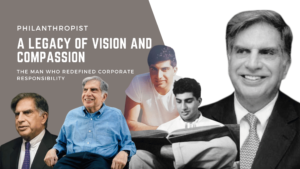
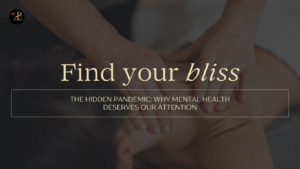



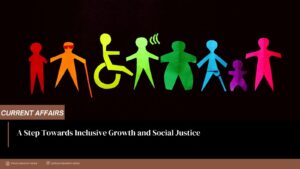
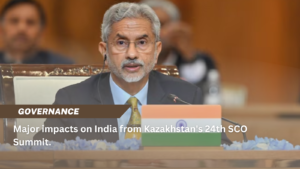



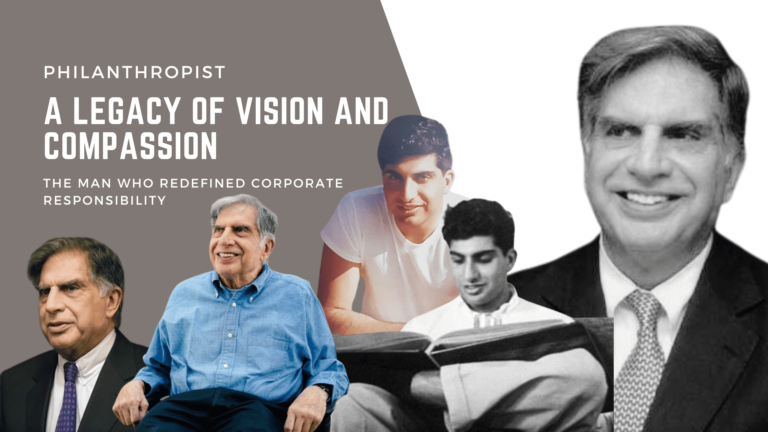
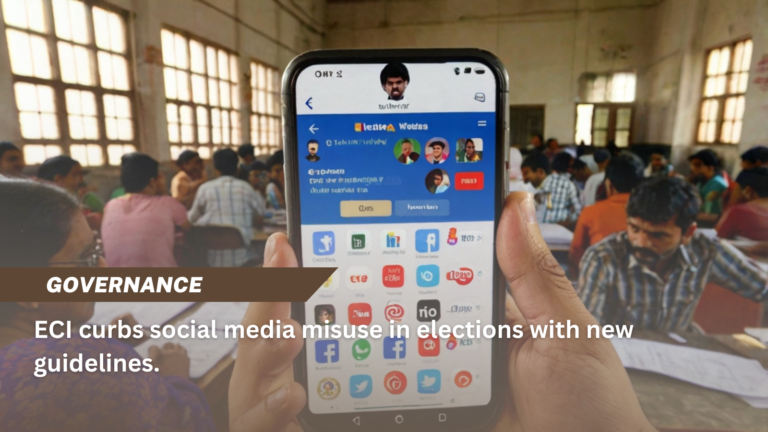
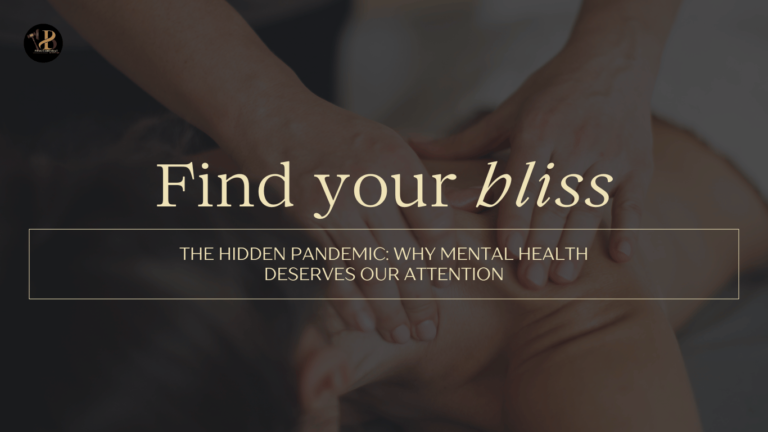



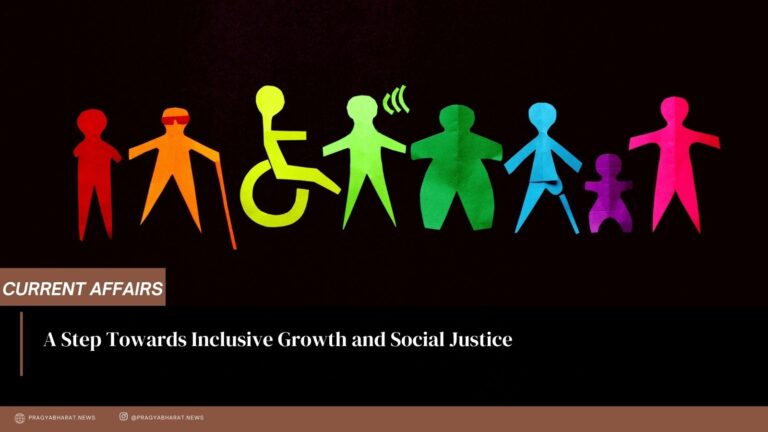
+ There are no comments
Add yours